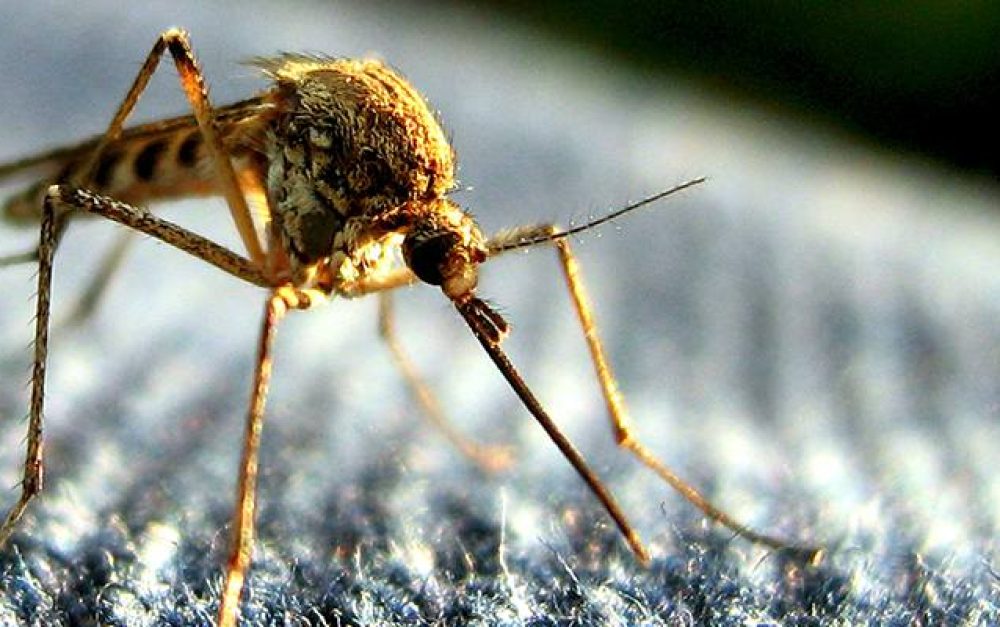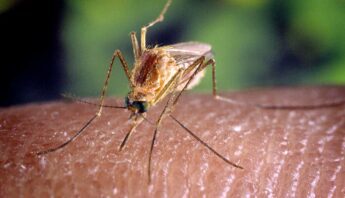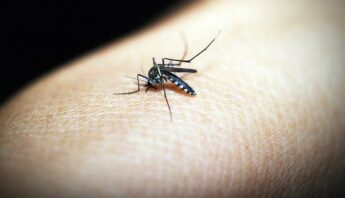For Immediate Release: April 25, 2018
On World Malaria Day Pesticide Action Network stands with communities in the Global South that are facing the scourge of malaria. The World Health Organization (WHO)’s latest figures on malaria incidence are very concerning. There were 226 million cases of malaria reported worldwide in 2016 in 91 countries, an increase of 5 million cases over 2015, with 445,000 deaths reported[1]. Ninety percent of the malaria cases and 91% of the malaria deaths worldwide were concentrated in the African region. This is a tragedy and governments everywhere must step up their efforts to control malaria. Pesticide Action Network Africa’s Executive Director Ms. Maïmouna Diene released the following statement:
“Tackling malaria and other vector borne diseases like dengue and zika is a critical challenge worldwide. Much of the funding and focus goes towards vector control as a primary method to protect people from vector borne diseases. In the case of malaria, the WHO has identified Indoor Residual Spraying, or the spraying of insecticides inside people’s homes, and the use of insecticide- treated bednets as the primary vector control strategies.
At the same time WHO acknowledges the very serious problem of insecticide resistance where mosquitoes, the vectors for the malaria parasite, have developed resistance to the main approved classes of insecticides. According to the WHO, since 2010, a total of 61 countries have reported resistance to at least one class of insecticide, with a 50 of those countries reporting resistance to two or more classes[2]. The human health impacts of exposure to many of the insecticides used for vector control can be quite severe — ranging from cancer to neurodevelopmental harms and other conditions.
In the light of these facts, it is critical that community-based vector control approaches, utilizing least toxic, yet effective vector control strategies be employed. Such approaches have been working on a smaller scale, as seen in the malaria control work using Integrated Vector Management (IVM) carried out by the International Center for Insect Physiology and Ecology, ICIPE, in Kenya[3].
PAN Africa’s work through pilot projects in three villages near Dakar, Senegal, have also illustrated the benefits of partnering with local communities and working jointly on malaria control methods such as eliminating mosquito breeding grounds, preventing mosquitoes from entering houses by house modifications and through environmental sanitation[4]. The use of biopesticides and other less toxic insect control methods is also promising.
However, without the support from governments and from funders for these least toxic IVM approaches, they cannot be scaled up. It is imperative that while governments use the least toxic insecticides in emergency disease control situations, the overall focus should be on curtailing malaria incidence using safe IVM approaches that are effective. Without this focus on eliminating the disease vectors, we could end up on a toxic pesticide treadmill, with pesticides harmful to humans continuously replacing ones to which mosquitoes keep developing resistance. Integrated Vector Management is the solution that will lead to widespread and sustained malaria elimination.”
Photo: Tom | Flickr
[1] http://www.who.int/campaigns/malaria-day/2018/en/
<>
[2] http://www.who.int/malaria/areas/vector_control/insecticide_resistance/en/
<>
[3] http://www.icipe.org/research/human-health/malaria/projects/integrated-vector-management-ivm-sustainable-malaria-contro-0
<>
[4] PAN Germany. 2010. Environmental Strategies to Replace DDT and Control Malaria. http://web.archive.org/web/20111027181737/http://www.pan-germany.org/download/ddt/ddt_alternatives_2_edition.pdf
<>
<>







